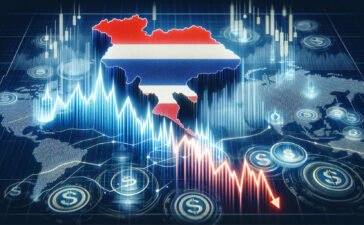Toyota Motor Corp has announced that it will delay resuming operations in Thailand for 10 days, with a planned restart on November 21st. Though floods have not directly impacted Toyota’s three Thai plants in Samut Prakan and Chachoengsao, parts shortages have limited the company’s operations, and it has already delayed restarting operations three times.
Toyota’s president, Akio Toyoda, said the company is studying what its overall production capacity for this year will be and added that Toyota expects to increase investment in Thailand to develop the automotive industry. The company also aims to be the global industry leader. Some parts makers have confirmed their readiness to resume supply to Toyota, making this restart schedule more likely.
However, Japanese manufacturers may have more difficulty shifting output away from Thailand, where they have more concentrated supply chains than US and European rivals, such as Ford Motor Co. Japanese companies make up 57% of the foreign projects granted investment incentives last year by Thailand’s Board of Investment.





